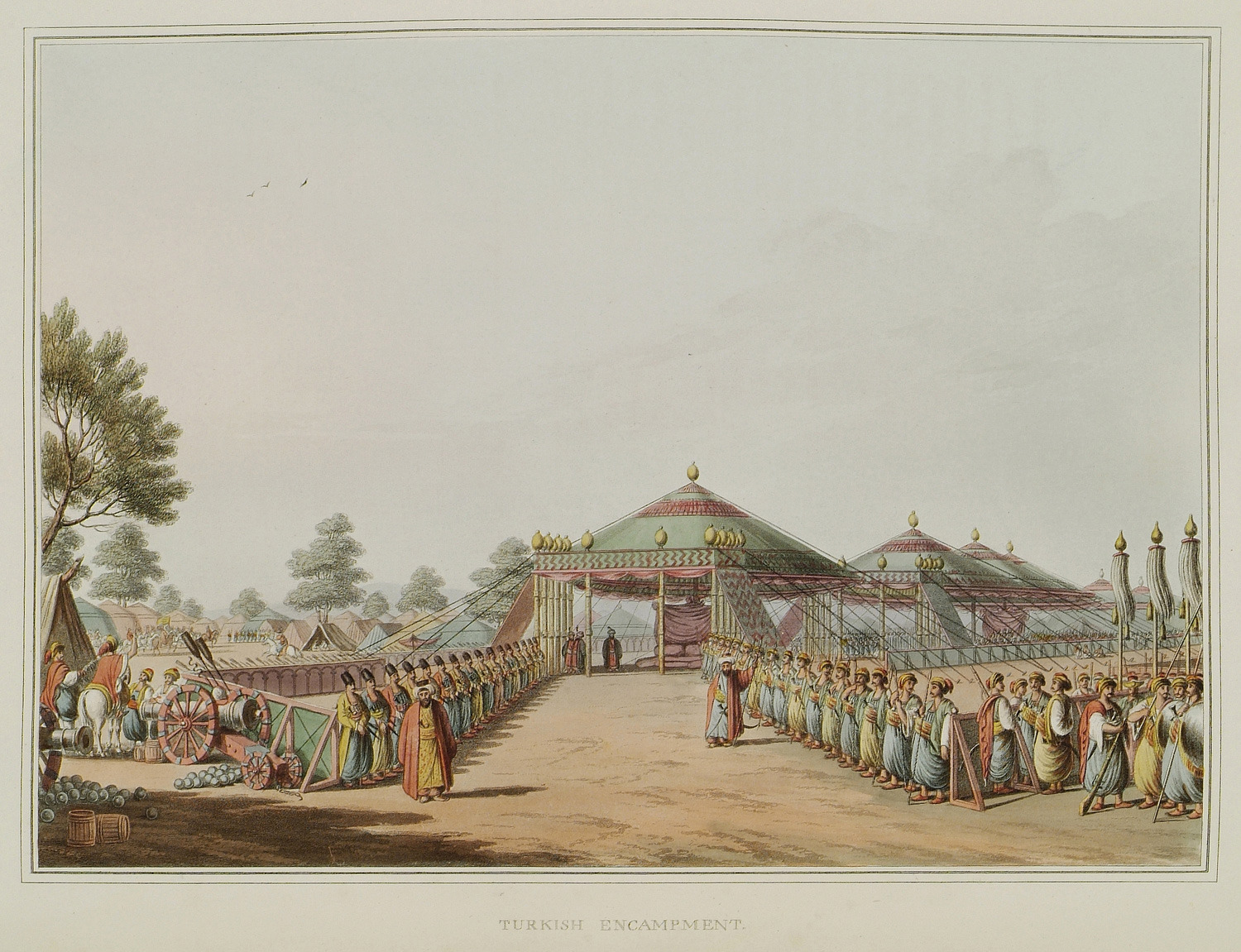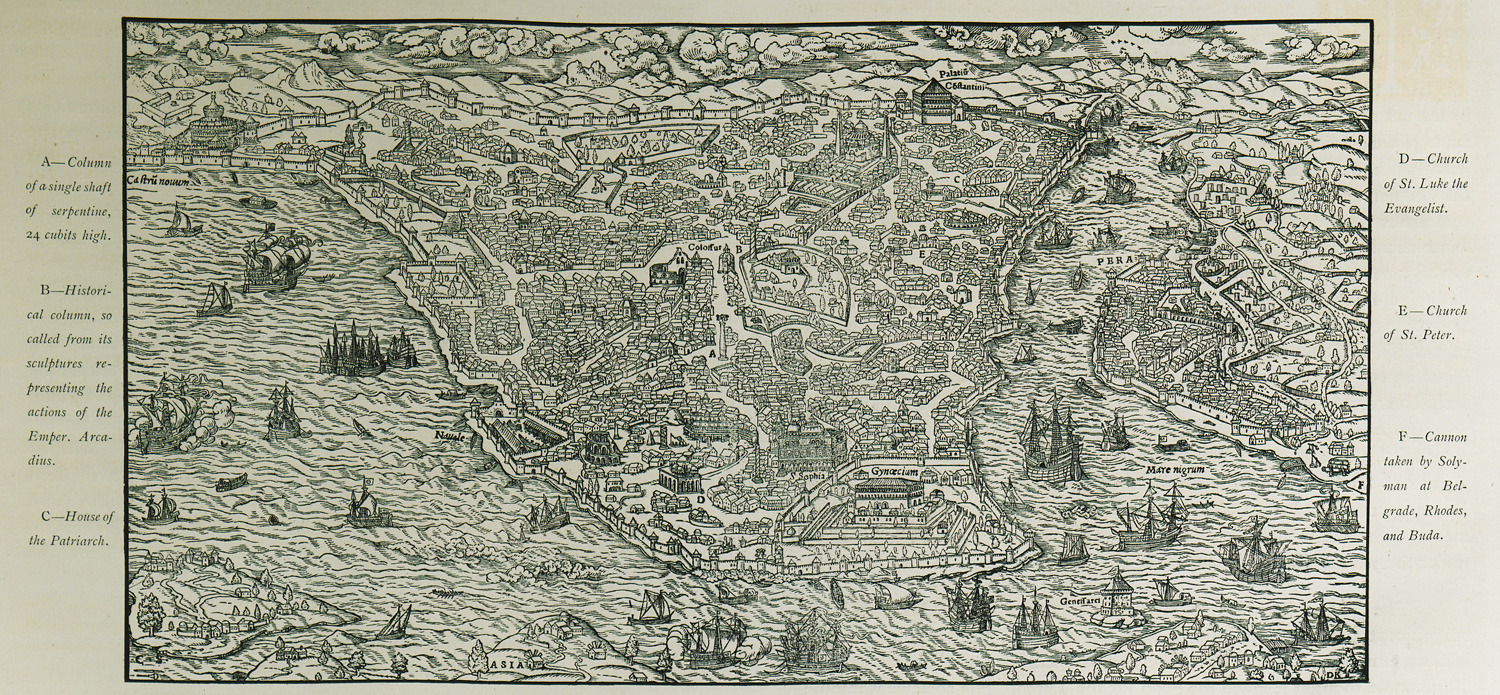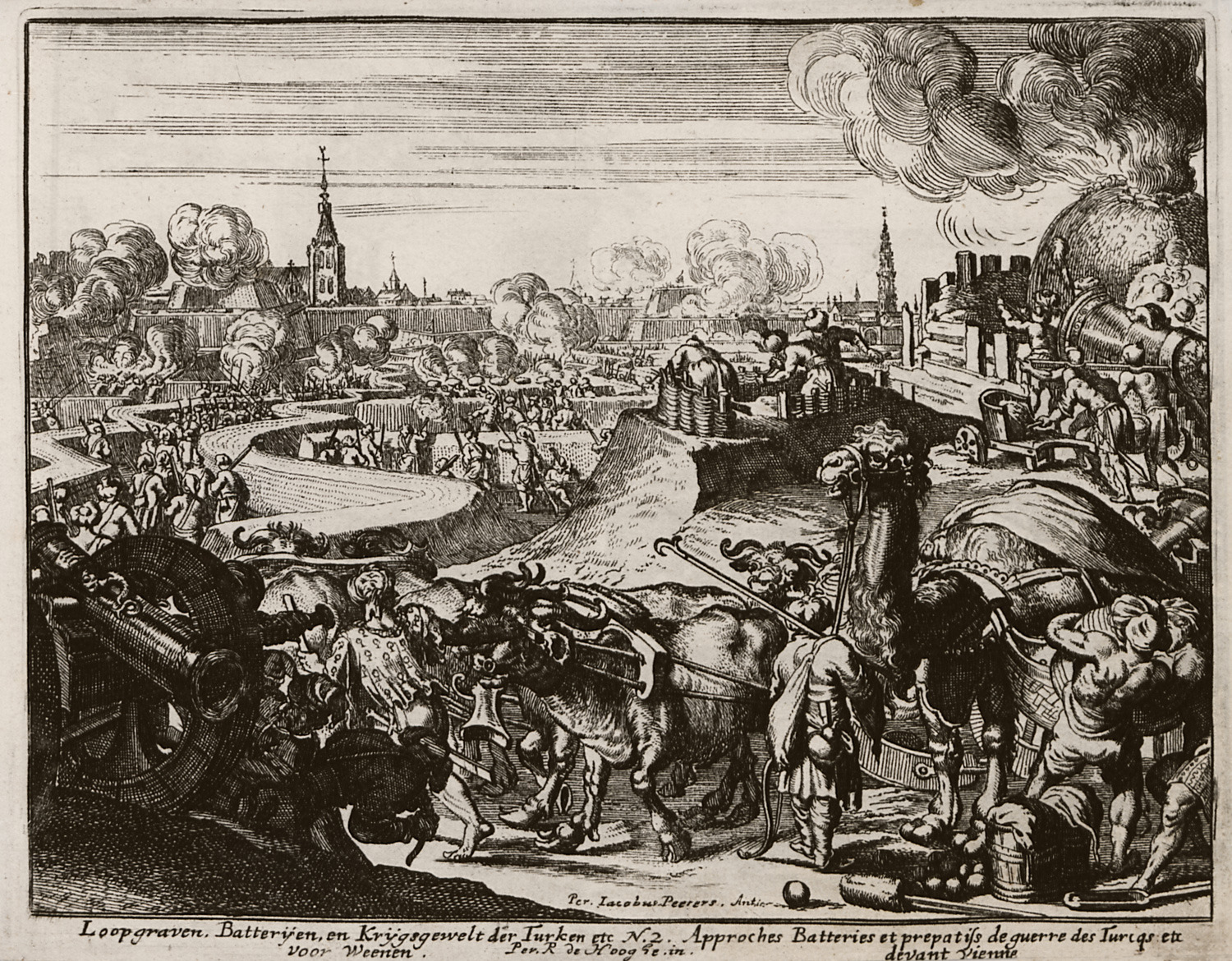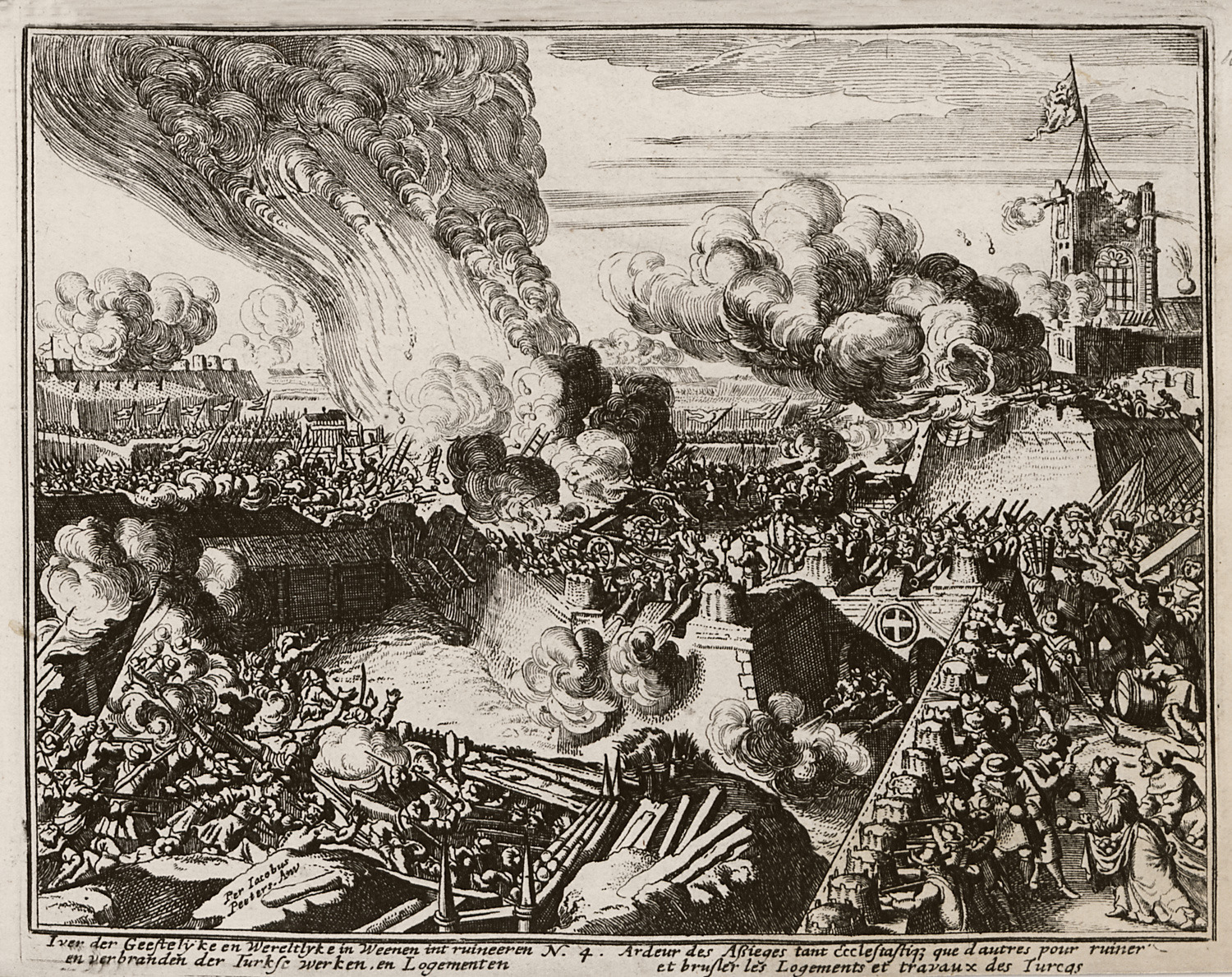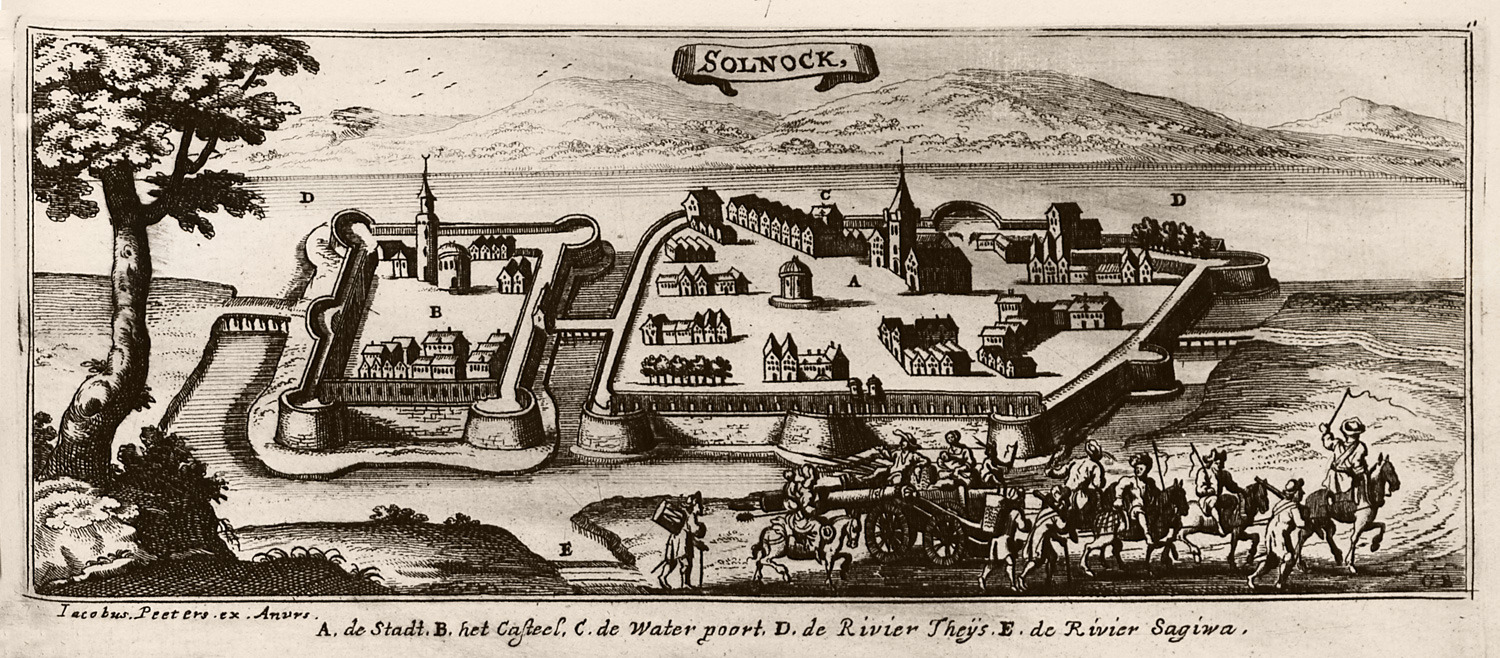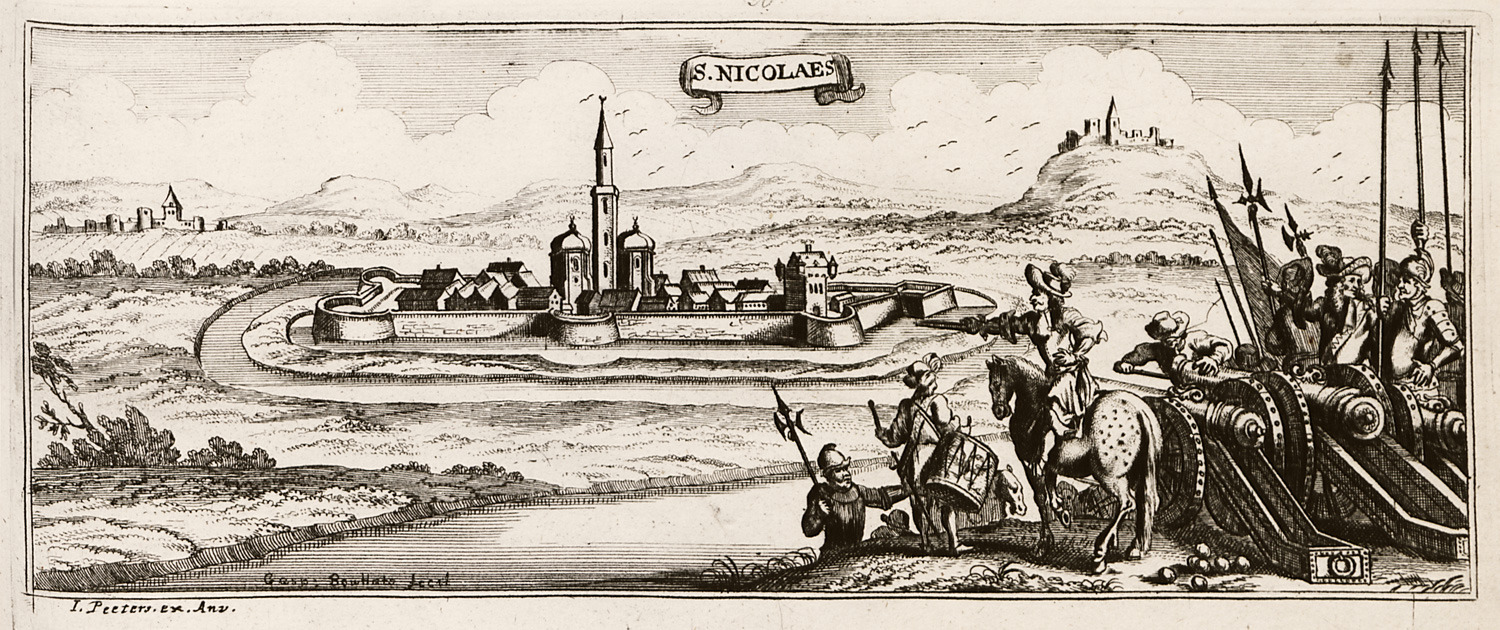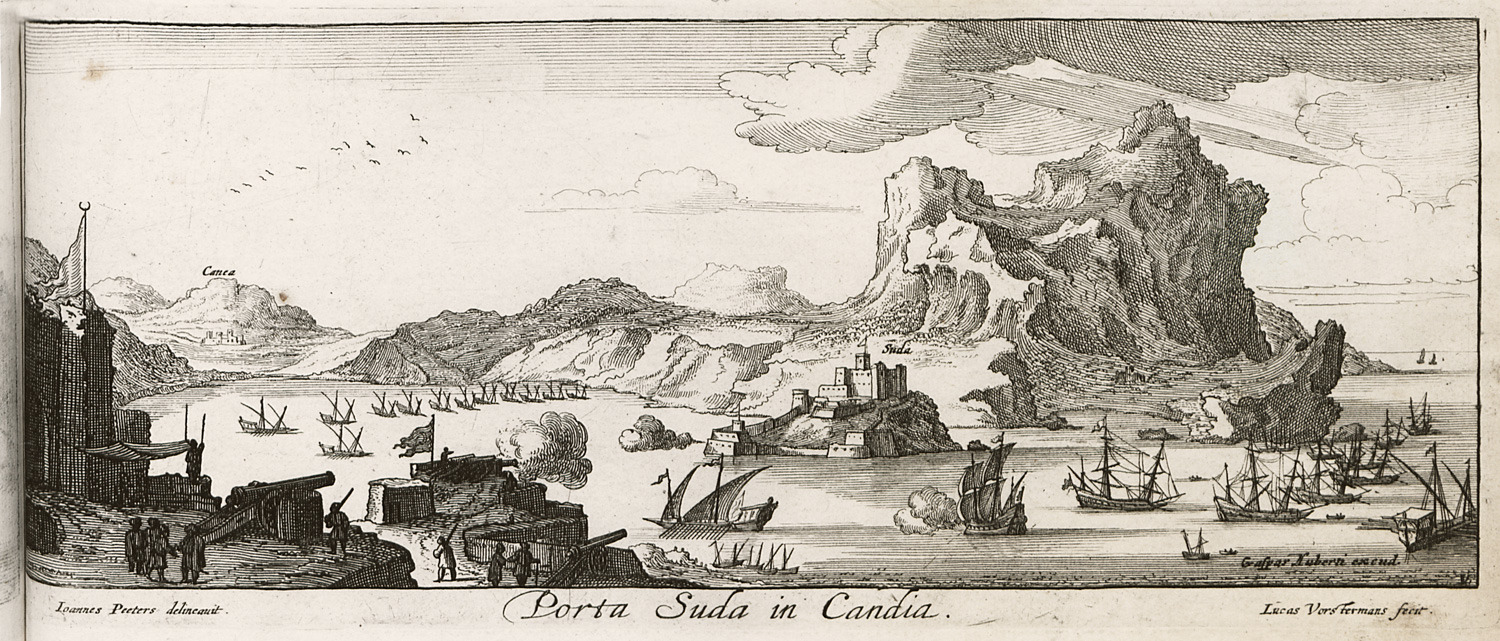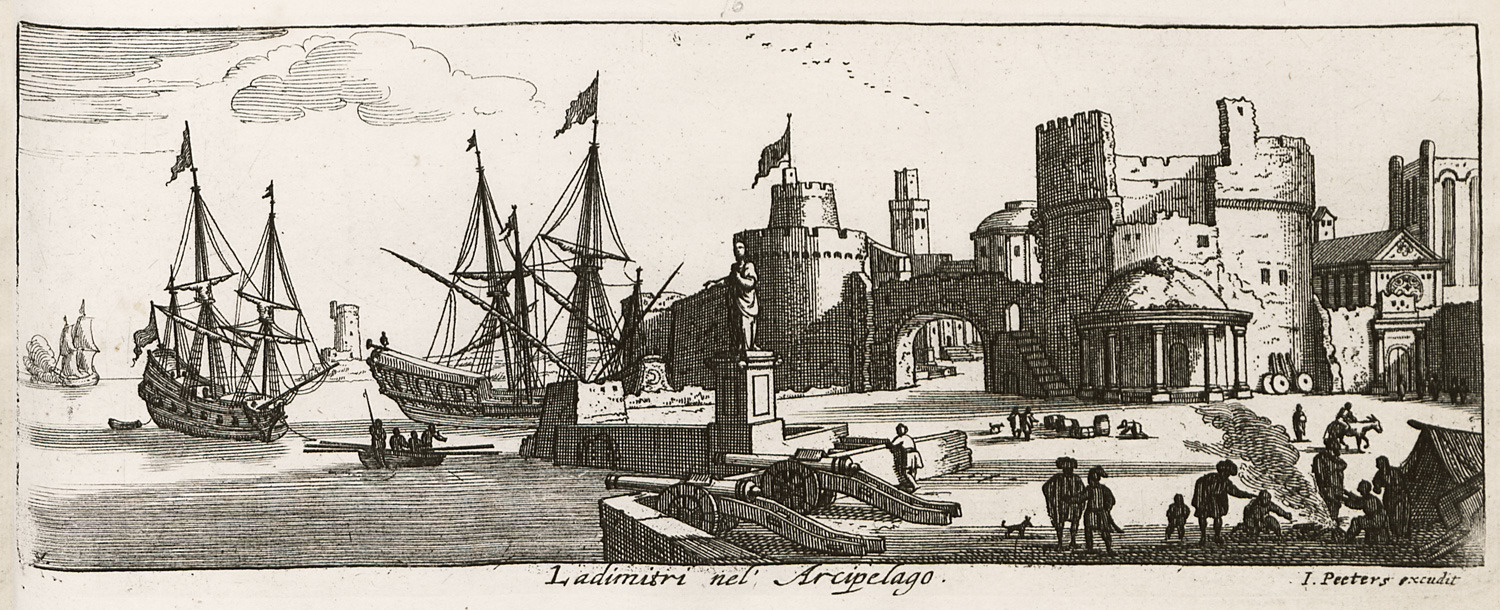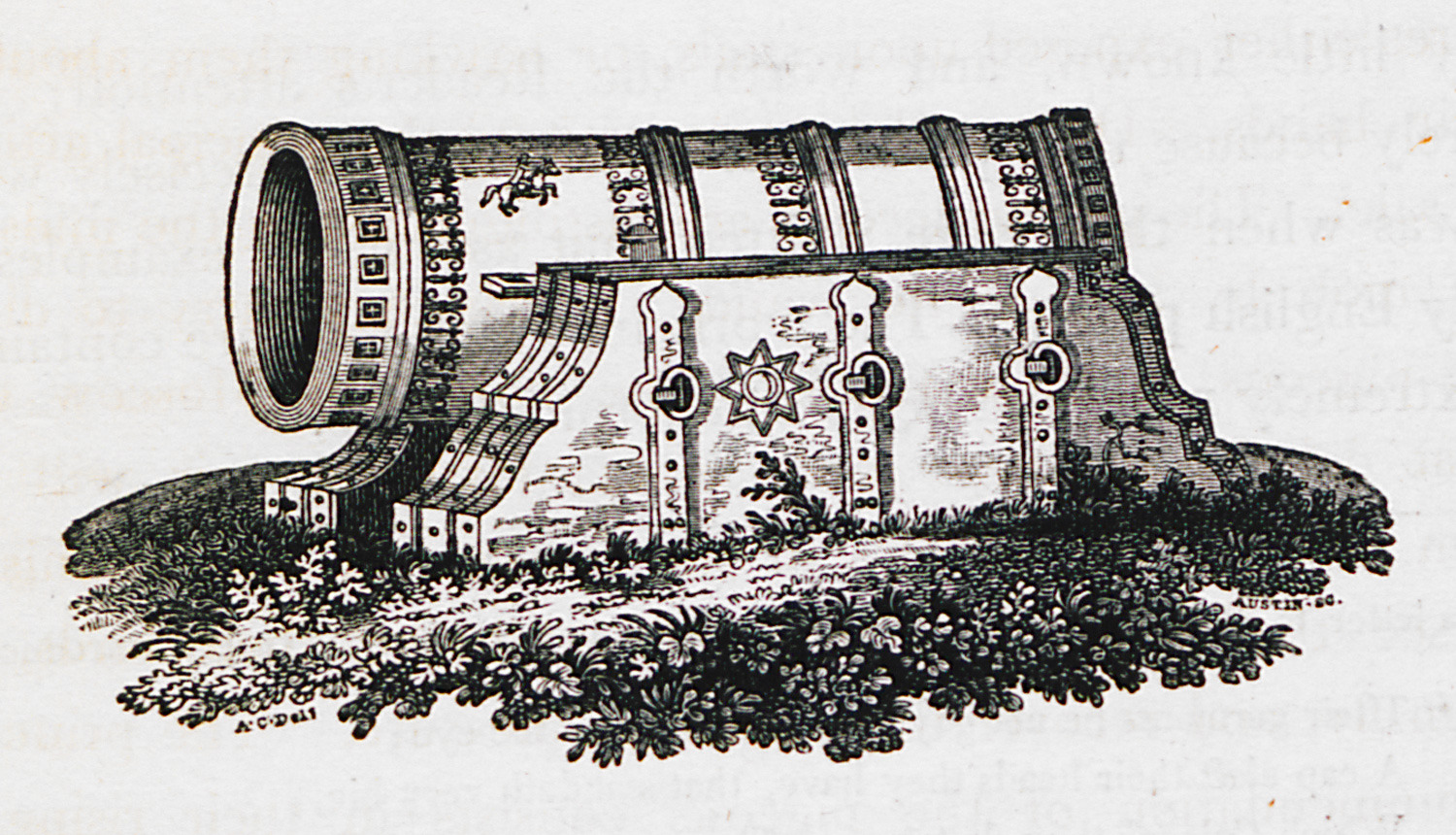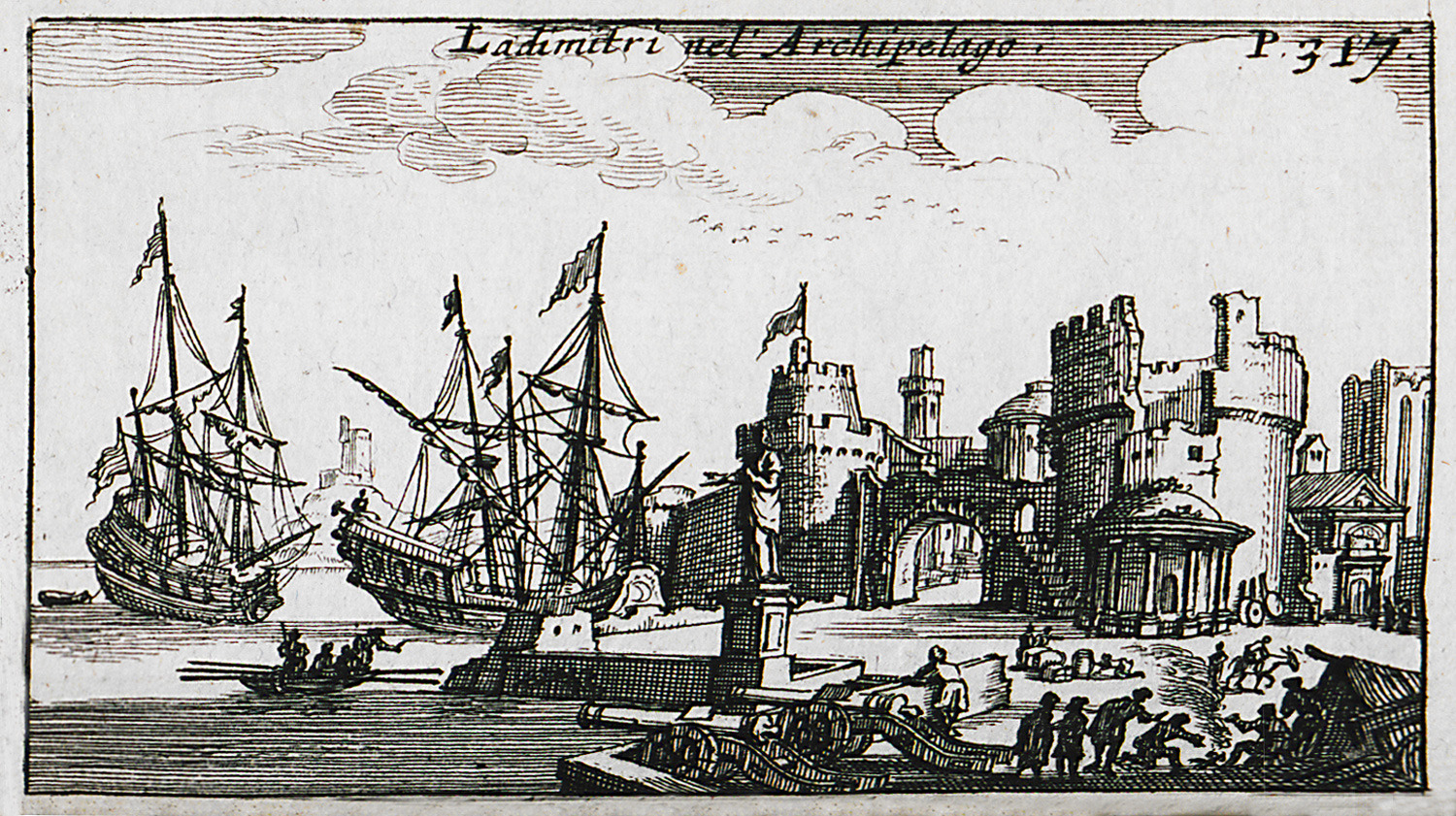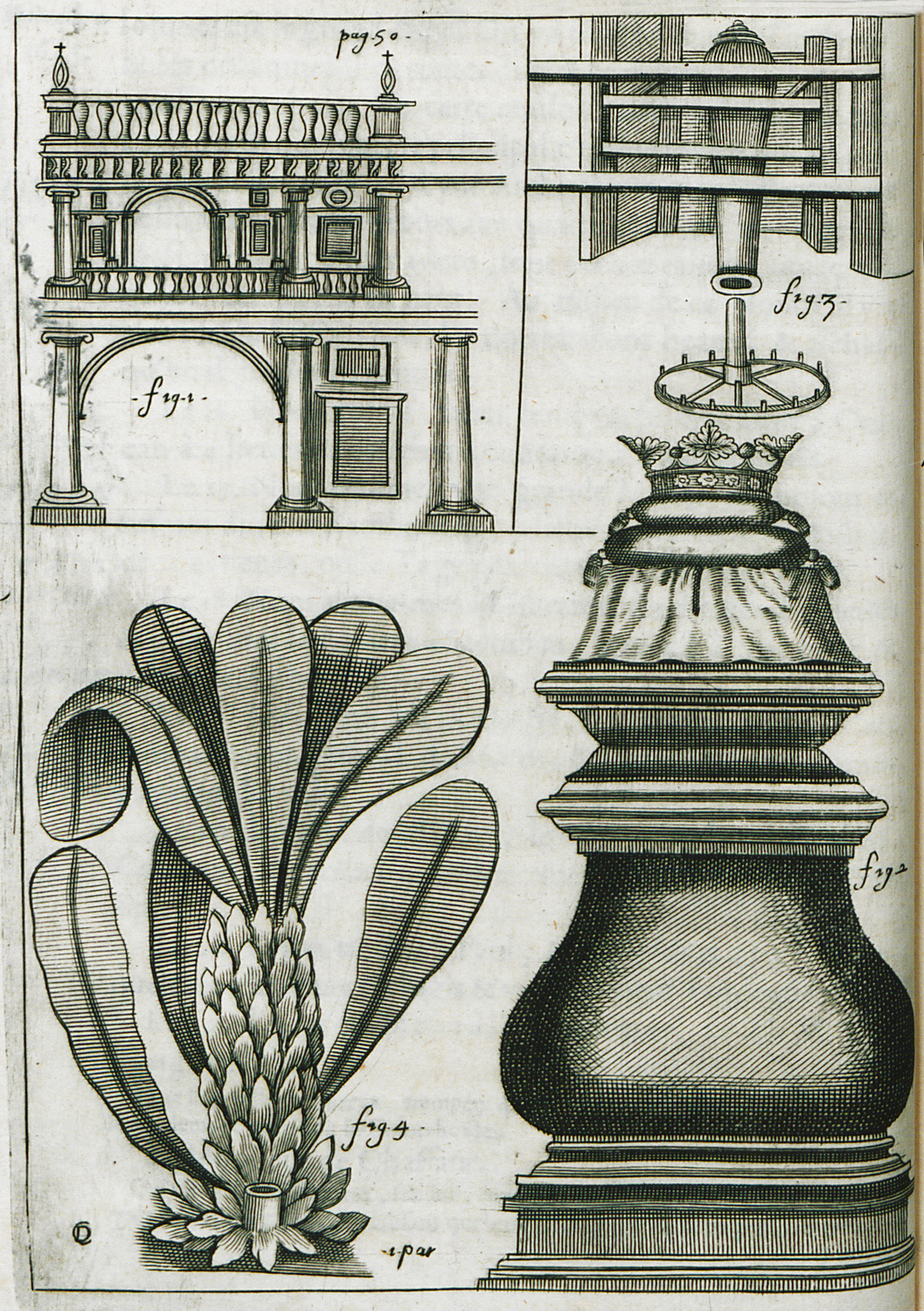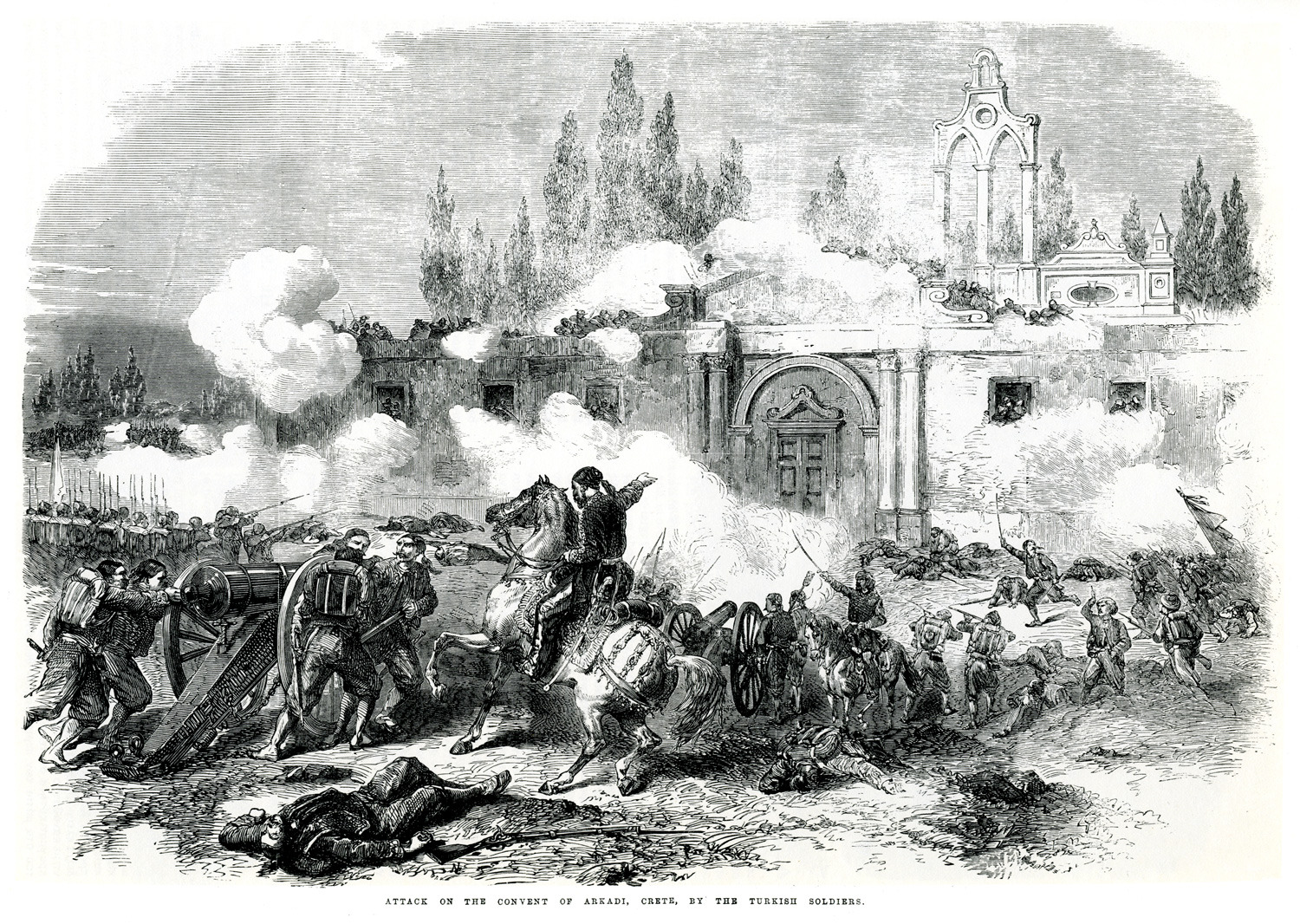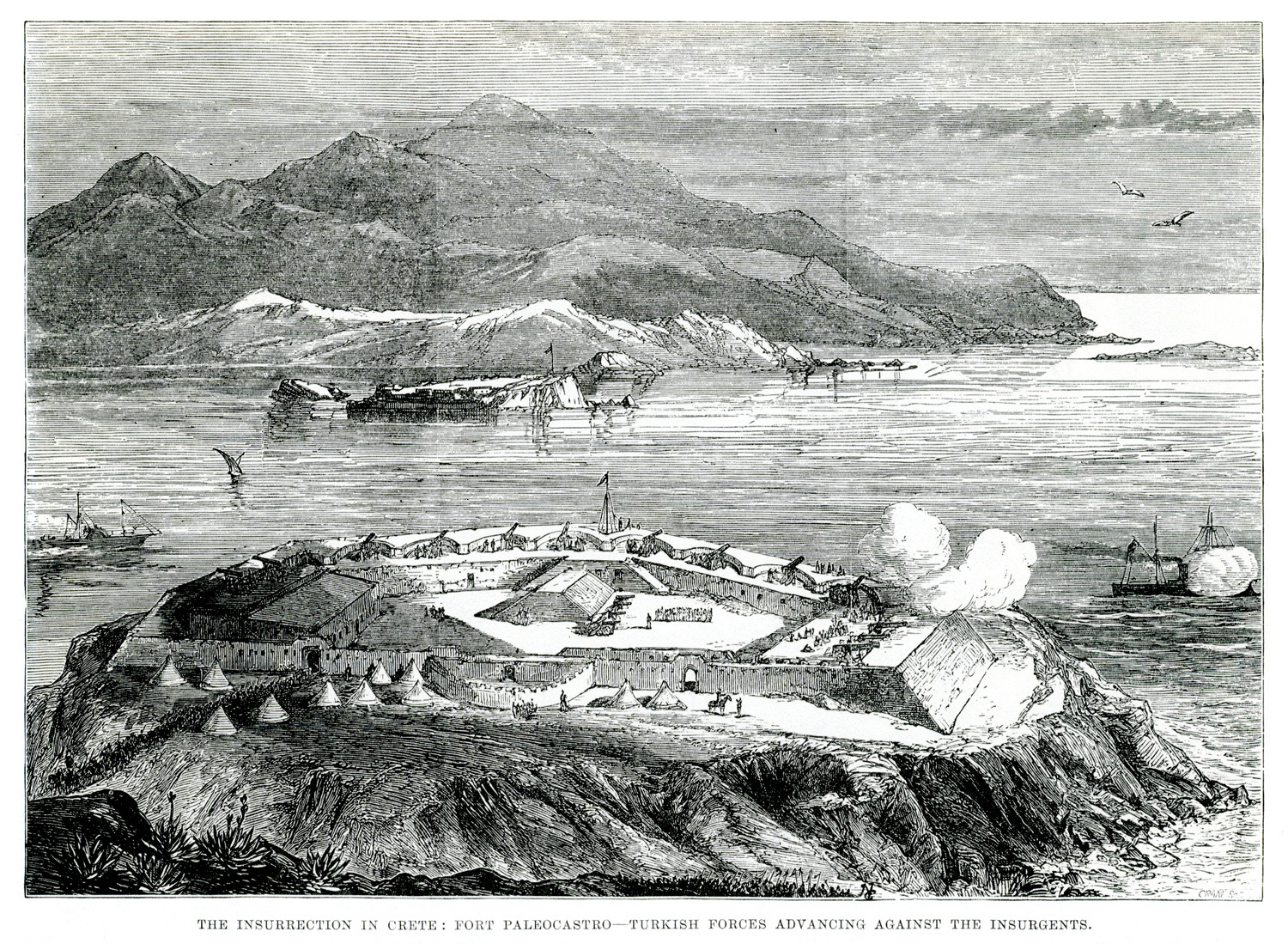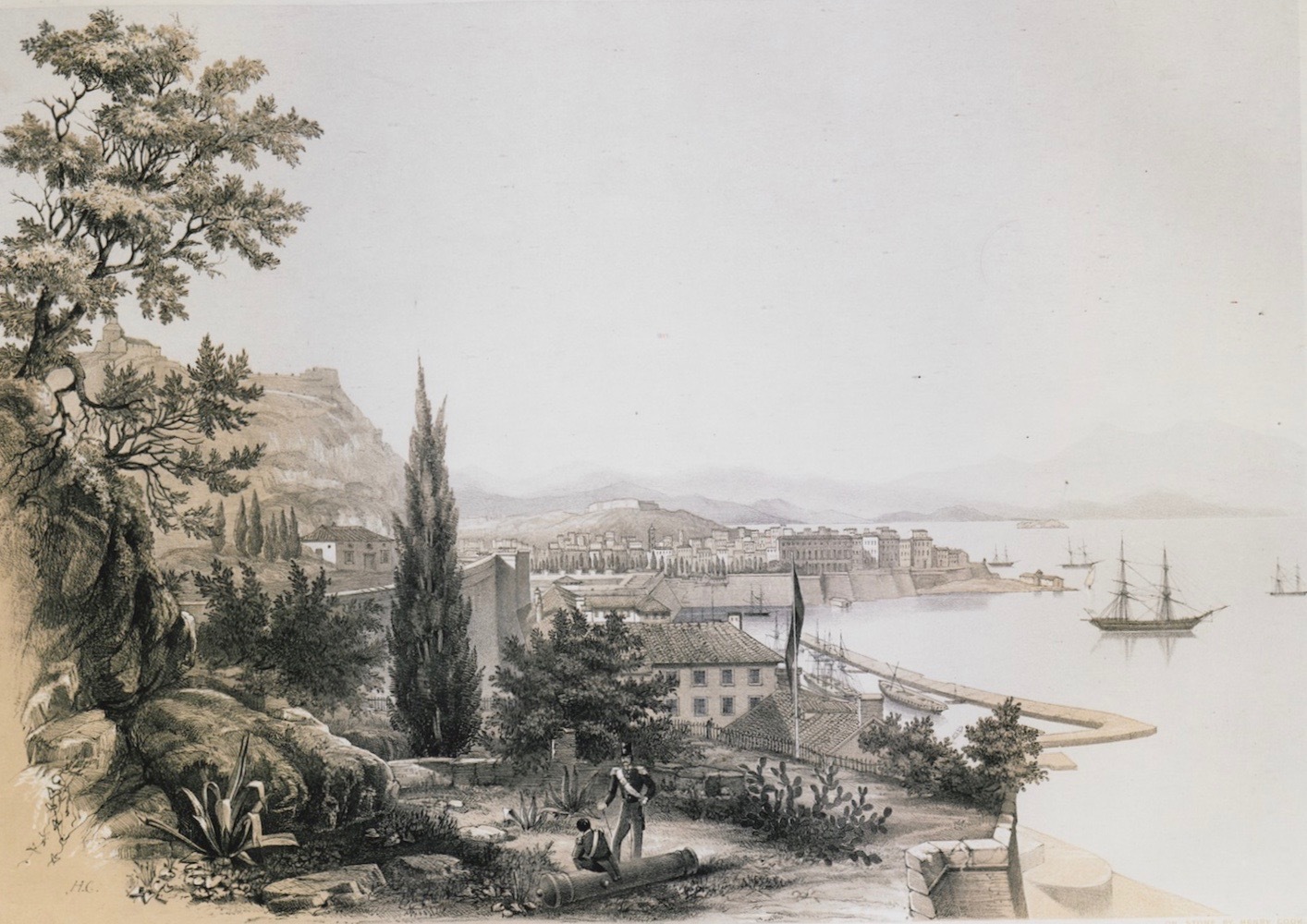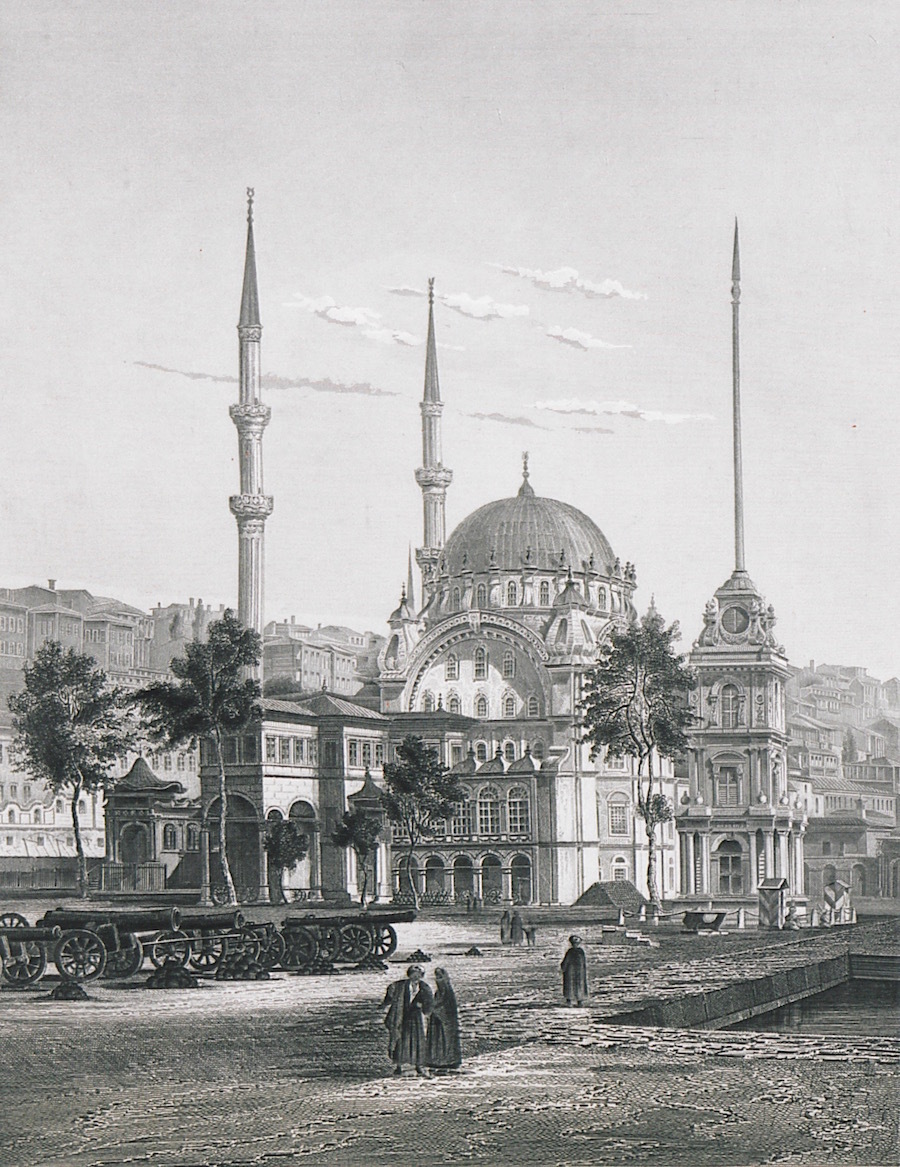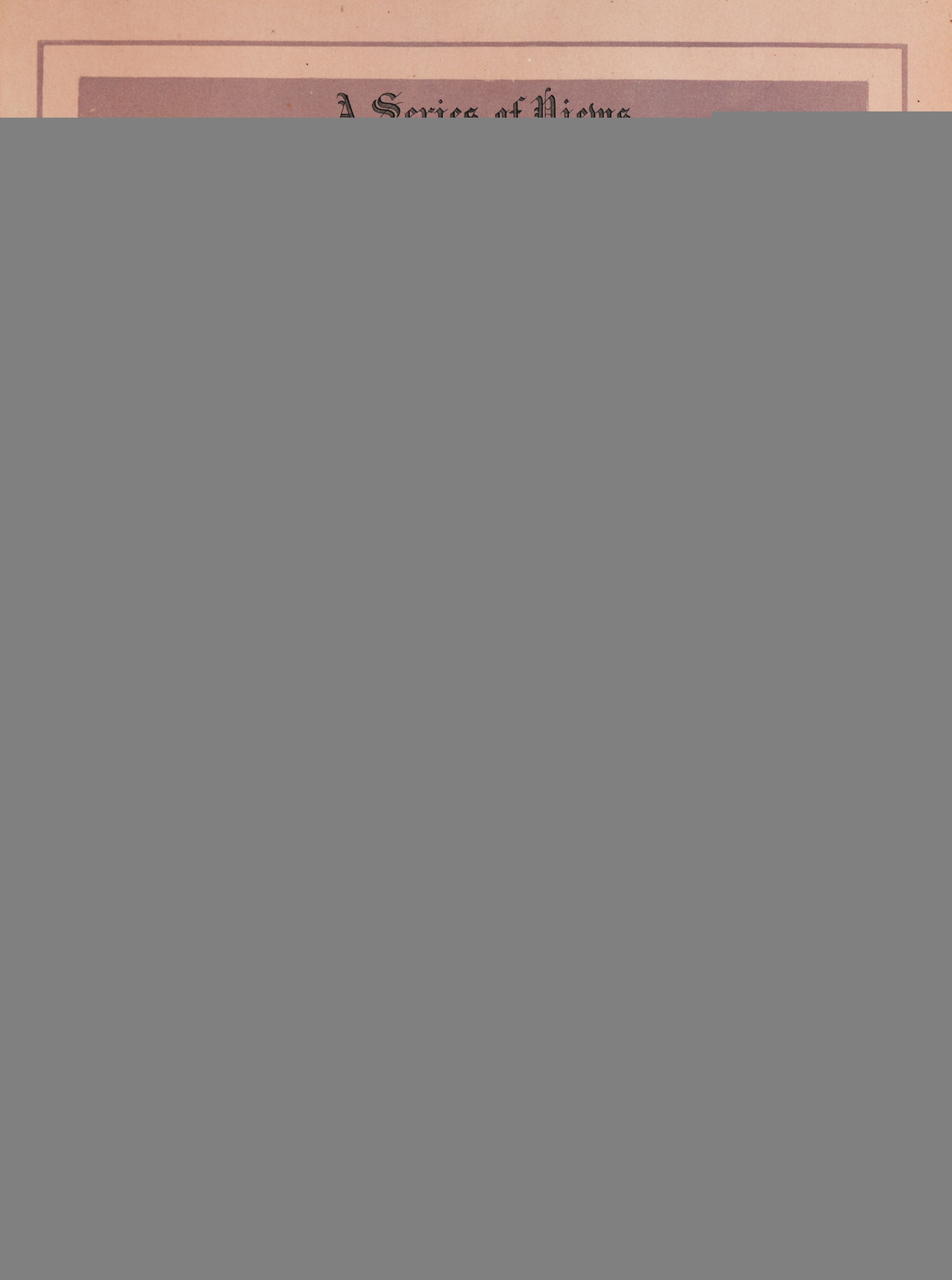Cannons (16 Subjects)
The Sultan's tent, in the course of a military campaign.
Map of Istanbul, showing some of the city's main sights: A. The Plataean Tripod at the Byzantine Hippodrome B. The Column of Arcadius C. The Patriarchate of Constantinople D. The church of Hagioi Apostoloi, Istanbul. E. Atik Mustafa Pasa Mosque at the area of Vlacherna, initially a church built in the Byzantine era; its original dedication remains unknown. F. Cannons used in Suleiman I's campaigns to Belgrade, Rhodes and Budapest.
The Ottoman army camps outside Vienna, during the Second Siege of Vienna , 1683.
Battle of Vienna, 1683: Polish and Austrian regiments of the Holy League attack the Ottoman army.
View of Szolnok, Hungary. In the foreground local inhabitants prepare for to fight against the Ottomans (Second Siege of Vienna).
View of Törökszentmiklos, Hungary. In the foreground, Habsburg divisions prepare to take the city from the Ottomans.
View of the port of Souda, Crete.
View of Edremit, Asia Minor (probably imaginary depiction).
The Great Gun of Moscow or Tsar's Cannon at Kremlin gardens. Even though the cannon was never used at wartime, it served as symbol of the Russian dynasty from the 16th century onwards.
View of Edremit, Asia Minor; most possibly an imaginary depiction.
1. The mausoleum of Manuel I of Portugal at the Convent of the Order of Christ, Tomar, Portugal. 2. The sarcophagus of Manuel I of Portugal. 3. Water-douching tool used for the cleaning of cannons. 4. Banana tree.
The Ottoman army attacks the monastery of Arcadi, Crete, November 1866.
Siege of the village of Kissamos or Kasteli, Crete, during the Cretan Revolution of 1866-1869.
View of the town of Corfu. On the left, part of the Old Fortress. On the background, on the right, the New Fortress.
Mosque of Mahmud II, Tophane.
Title page. British soldiers in the trenches.


